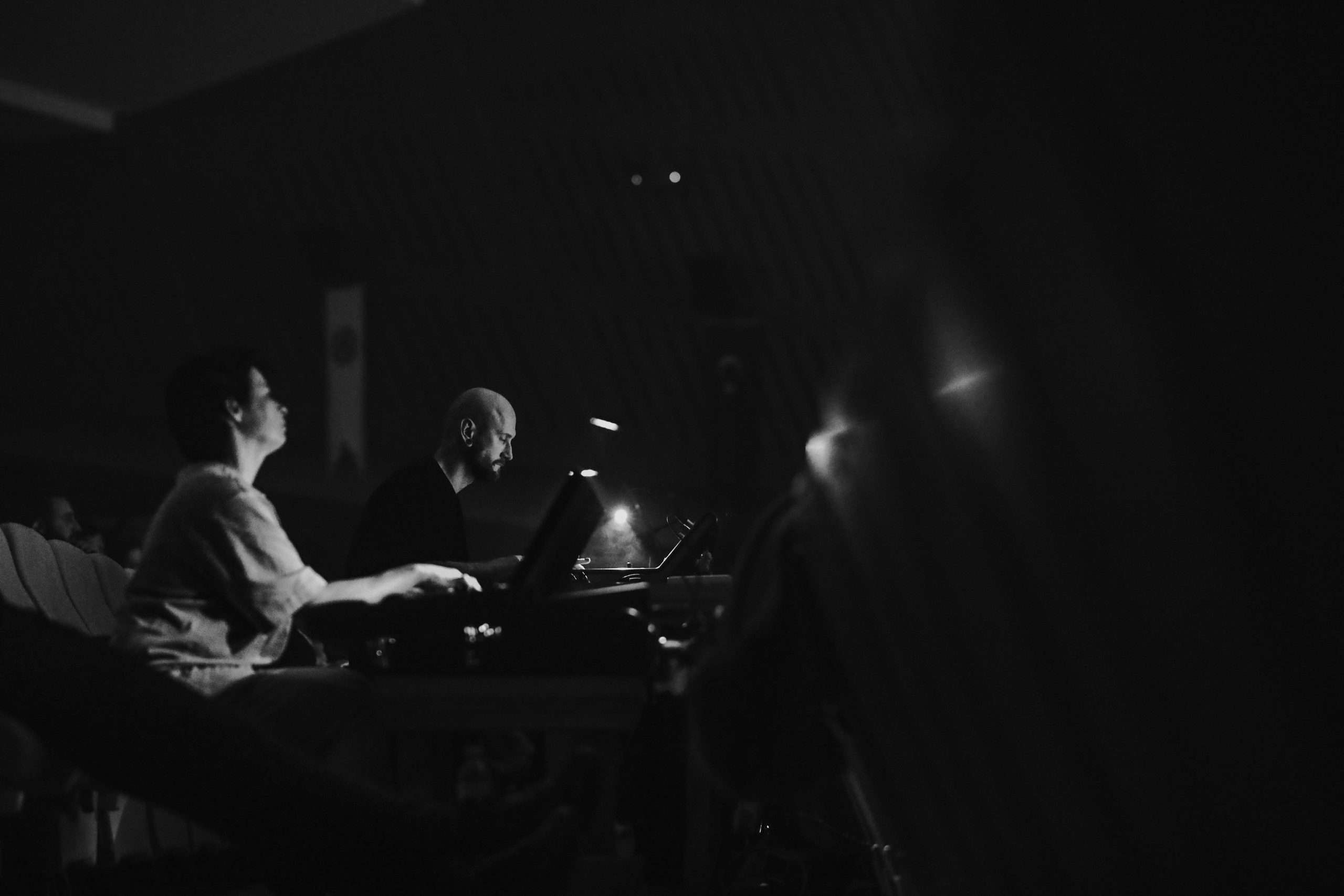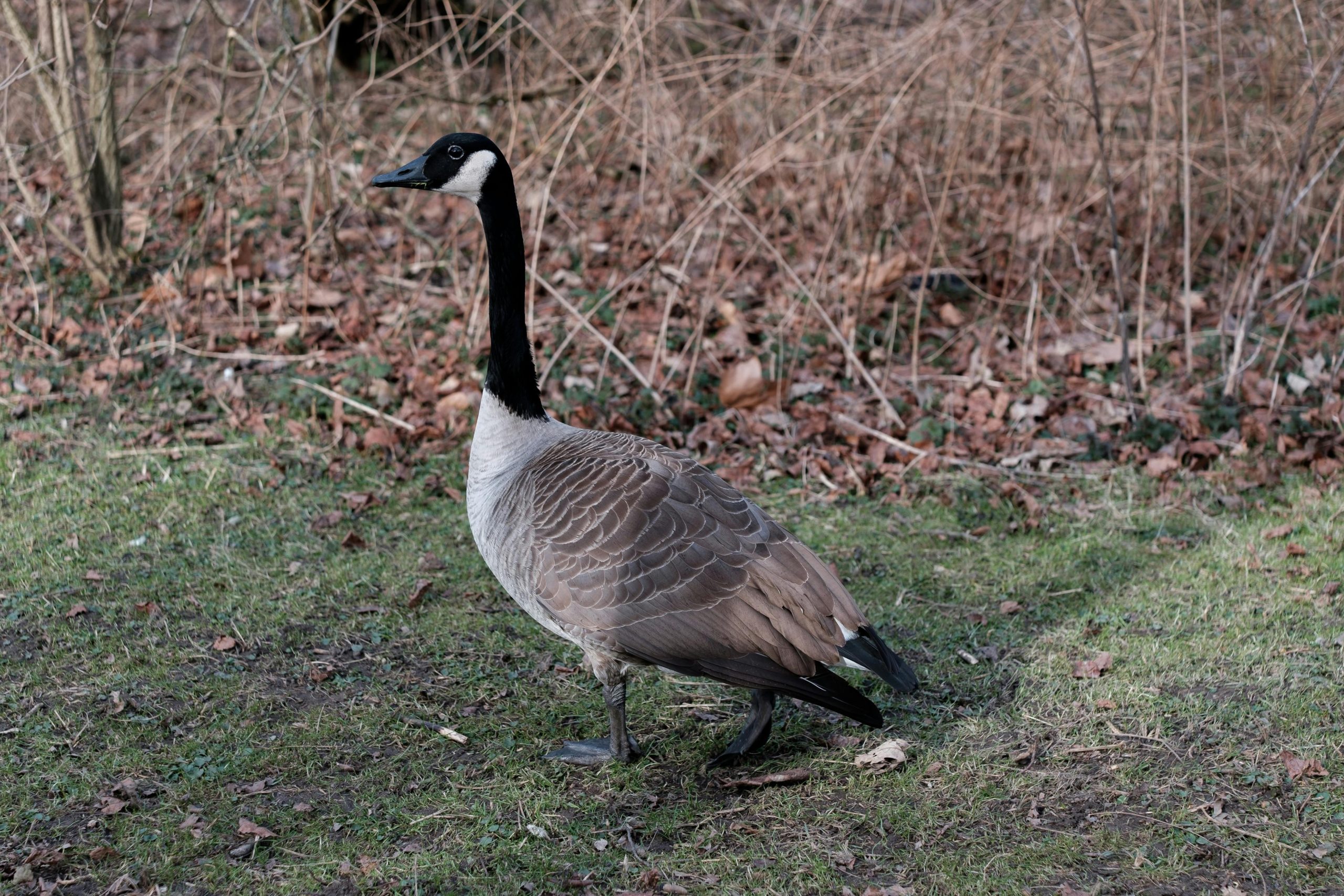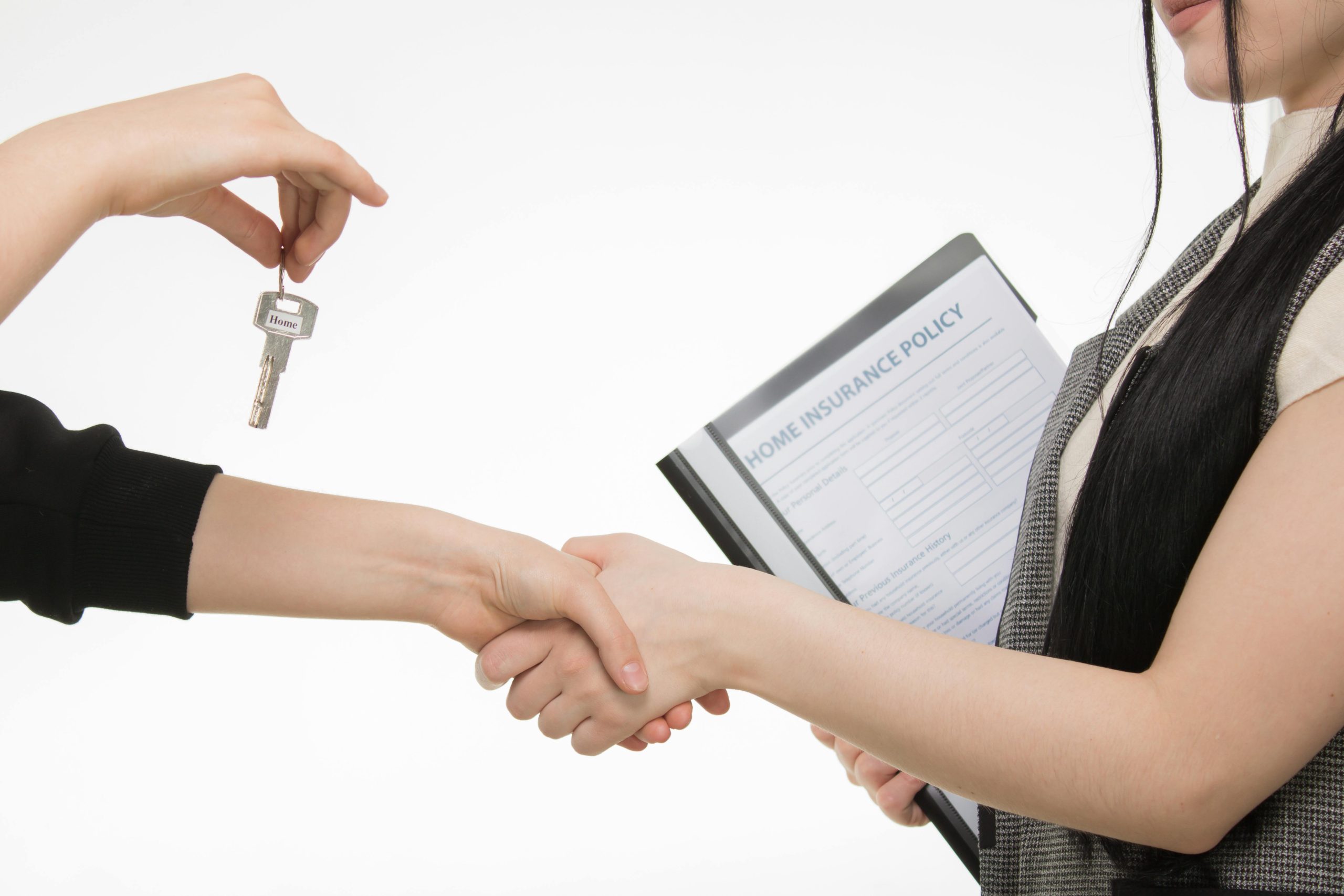Understanding Vehicle Incidents in Your Driveway: Insurance and Liability Considerations
Experiencing an unexpected collision involving parked vehicles can be a stressful situation for any homeowner or vehicle owner. In this blog post, we’ll explore a real-life example to shed light on questions of liability, insurance coverage, and how to navigate such incidents effectively.
A Personal Scenario: When Parked Vehicles Collide
Imagine a homeowner living in the Detroit suburbs of Wayne County, Michigan. The homeowner, who is single but engaged and living with a partner and her son, experiences an incident involving two parked vehicles in their driveway.
The scenario involves a 2017 Ford Expedition belonging to the homeowner, which is parked on the property. Simultaneously, her partner’s 20-year-old son is driving a work-in-progress 1974 Ford F-100, fully insured and licensed. As he exits the vehicle after parking uphill from the Expedition, the door swings open and unexpectedly pops out of park, causing the truck to roll backwards and collide with the parked SUV.
The Damages and Circumstances
The homeowner’s Expedition sustains notable damage: a flat tire, dented bumper, damaged headlight, and possible harm to aftermarket wheels, tires, suspension lift, and A-arm. The vehicle’s estimated value ranges between $12,000 and $14,000, and it’s fully paid off. The damage exceeds the deductible of $1,000 under broadened collision coverage.
Interestingly, the son’s truck sustains only superficial scratches. While the incident was captured on security cameras, it’s clear he was momentarily out of the vehicle when the roll occurred.
Liability and Insurance Implications
This situation raises important questions:
- Is the son at fault even though he exited the vehicle?
- Which insurance policy should be primary—homeowners or auto?
- Could this be classified as an act of God, or does homeowner’s insurance cover this?
Typically, when a vehicle causes damage while parked, liability can depend on circumstances such as vehicle control and driver responsibility. Since the son was physically out of the vehicle, some may argue he isn’t directly at fault, but the fact that the vehicle rolled away indicates a possible lapse in securing it properly.
Insurance considerations include:
- Auto Insurance: Generally covers damage caused by the vehicle, especially if it’s insured and registered. Since the vehicle was improperly secured or rolled away unexpectedly, auto insurance—specifically collision coverage—may be applicable.



